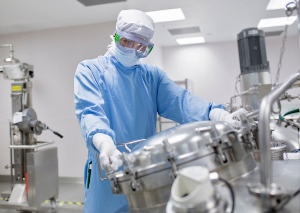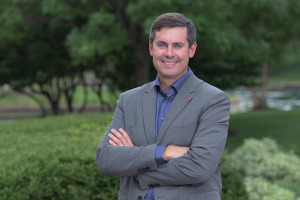Insulin cap for Medicare patients signals hope for others
In January, the cost of insulin for patients on Medicare will be capped at $35 a month. But that cap doesn’t apply to those with private insurance, which is used by the majority of those in need of insulin.








